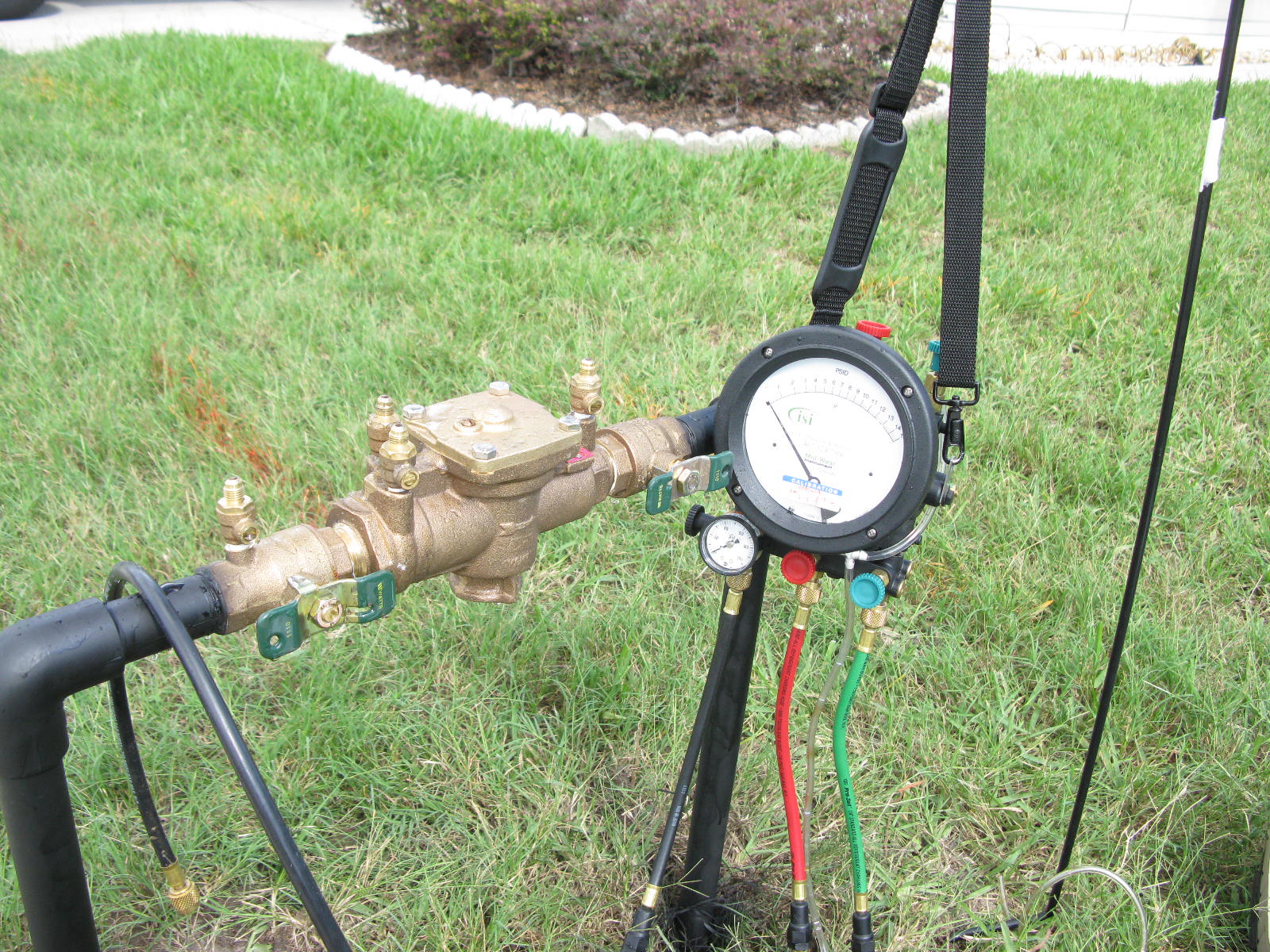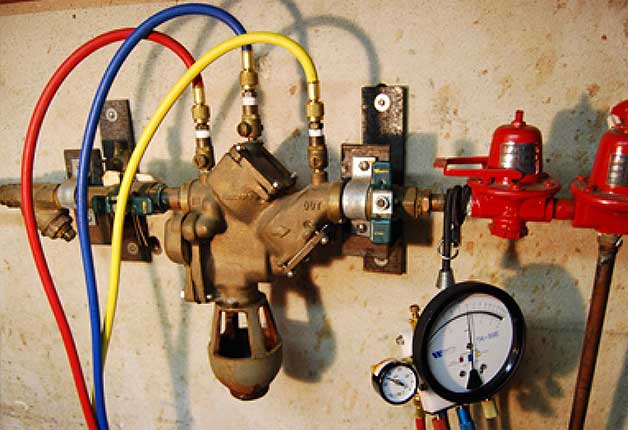Do I Need to Test for Backflow in My Water
Do I Need to Test for Backflow in My Water
Blog Article
How do you really feel on the subject of Backflow Prevention?

Yes, you need to backflow test your home's supply of water to make certain that the water is without contaminants and also hazardous levels of chemicals. You should not try to carry out backflow testing on your very own due to the fact that of the devices required as well as room for error. We suggest that you call an expert plumber every couple of years to evaluate your water.
Backflow Can Effect Both You as well as Your City
Since hazardous heartburn can influence the public water supply in enhancement to a single structure, several cities develop backflow standards. Modern-day cities have backflow gadgets in area that safeguard the water supply that comes from many residences as well as commercial homes. The real risk comes from irrigation systems, which can harm the water with poisonous fertilizers, manure, and also other chemicals.
What Triggers Backflow?
A regular reason of heartburn is a loss of water stress that triggers the water to siphon back into the water supply. After some time, there is a loss in water pressure as well as the pipe begins to suck the water back into the water supply. As you can envision, there are currently chemicals from the paint that are going into the water supply, possibly presenting a danger.
Backflow Screening is Called For by Legislation in Certain Cities
Depending on where you live, you may actually be required by regulation to backflow test your legislation. Iowa City maintains a record of all buildings served by the city's water supply.
You Can Avoid Heartburn
If you have a professional plumber set up a heartburn gadget, harmful backflow is easily preventable. The plumber will also examine for backflow and also establish if there is an active hazard. The major objective of a backflow gadget is to stop water from moving backward right into your water supply. Plumbing professionals set up the device on the pipes in your home to guarantee that the water just moves in the appropriate direction.
What is Heartburn?
In other words, heartburn is when water moves upwards-- the opposite direction in the plumbing system. This is additionally referred to as "backpressure." When the water moves in this direction, it can combine with hazardous contaminants and also posture a danger.
Call a Plumber to Test for Heartburn Prior To It is Too Late
While it might appear grim, contaminated water can result in dreadful bacterial and viral infections that are difficult to deal with. A plumbing firm can quickly test your home's water to figure out if there are any type of harmful chemical levels. If you can prevent the torment that comes from consuming contaminated water, the tiny investment is. And also if you do discover that your water has high degrees of contaminants, a plumber can conveniently mount a backflow avoidance tool.
Yes, you need to backflow examination your house's water supply to make certain that the water is totally free of toxins as well as harmful levels of chemicals. Lots of cities establish backflow standards because harmful backflow can influence the public water supply in addition to a solitary structure. A regular cause of heartburn is a loss of water pressure that triggers the water to siphon back into the water supply. After some time, there is a loss in water stress and also the hose pipe begins to suck the water back right into the water supply. The major objective of a heartburn tool is to avoid water from flowing backwards into your water supply.
WHY DOES BACKFLOW TESTING NEED TO BE DONE EVERY YEAR
What Is Backflow?
Toxic gas backing up into a building is one example of potential backflow issues, but backflow can occur in many other ways.
Backflow is generally referred to as the reversal of a liquid or gas in a plumbing system.
Most issues for the public occur with backflow resulting in contaminated drinking water. If you look up backflow issues online you’ll probably find references to “potable” water. That means drinking water.
There have been backflow issues in the past with drinking water. Chemicals, sewage and other contaminants have found their way into drinking water causing health issues for those that count on the fresh water.
What Causes Backflow?
In a residence or commercial building water generally flows one way. This normal flow is usually driven by consistent pressure in the water and waste system.
Anything that changes the normal pressure in the system can lead to backflow.
Fire hydrant use or malfunction can reverse the normal pressure in the system on a city line, but backflow can occur in a number of different ways.
Sometimes backpressure might be caused by someone using a garden hose and submerging the end of the hose in a pool of liquid. If pressure is lost the flow could reverse and contaminants could be released into the drinking water.
Anytime there is a connection between contaminants and the drinking water there is potential for a backflow issue. Sometimes these connections are not immediately obvious like the garden hose connecting to a building’s drinking water supply.
Backflow Regulations
The Environmental Protection Agency (EPA) provides guidelines and regulations for state and local governments regarding backflow. State and local governments also have their own guidelines and regulations for backflow prevention.
Arizona has its own backflow regulations.
Due to issues with backflow in the past, regulations require backflow preventer devices to be used in nearly all residential and commercial buildings.
A backflow preventer is a device that prevents backflow as cross-connection points where potential backflow issues may occur.
While backflow is not a common occurrence, preventers are in place to make sure there is no contamination should something malfunction or go wrong with a building’s water supply.

Do you appreciate reading up on Backflow Prevention? Post a remark down below. We'd be delighted to find out your opinions about this write up. Hoping that you visit us again in the future. Liked our write-up? Please share it. Let others check it out. Kudos for your time. Don't hesitate to check our site back soon.
Plumbing woes? We help. Report this page